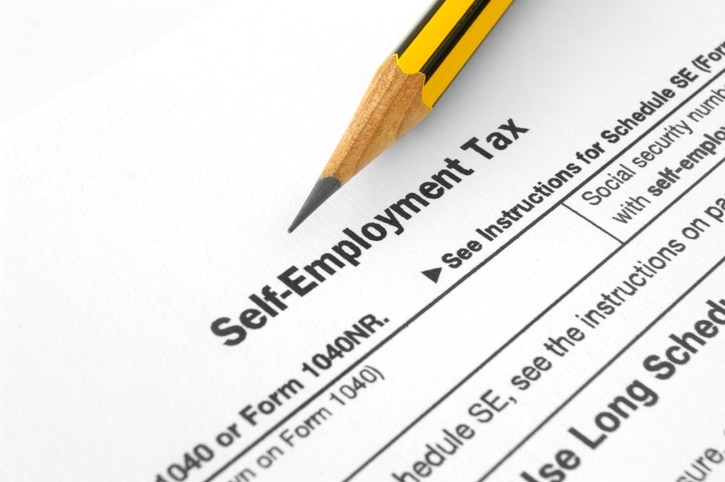If you’re an entrepreneur, you know that running a business requires ongoing work and planning. For your business to succeed, the most fundamental elements are to grow revenues and maximize profits.
One of the most tempting ways to keep your company expenses low is to pay yourself very little, or even nothing, in the form of W-2 income. While this strategy will definitely lower your payroll expenses and some tax liabilities, there may be potential personal and business costs in the long-run.
Lower wages help to reduce your business and personal Medicare and Social Security taxes. However, there are a number of other costs to consider:
Impact On Social Security Benefits
Benefits are based upon both the amount of your taxable wages and the number of quarters you worked. The lower your taxable income, the lower your future benefits will be. If you’re not paying yourself much in wages for Social Security purposes, you’ll need to make sure that you’re saving enough to replace that potential loss of benefit income in retirement. You also need to consider your potential Social Security disability benefits, or lack thereof.
Effect On Company Benefit Eligibility
If your company has a benefits plan, a low wage could limit your possible participation. Examples range from immediate benefits such as a matching retirement plan contribution, to asset protection items such as disability and life insurance that may be tied to earned wages.
A Red Flag For The IRS
You could be setting yourself and your company up for a tax audit. Paying yourself less than a fair wage for the services you provide at your company can be an indicating factor for the IRS.
Sale Of Your Business
Something that few small business owners think of is how the amount they pay themselves might impact a business sale transaction. You should think carefully about your compensation, well in advance of any potential sale. Typically, at least two year’s worth of financial documents will be considered if you decide to sell your business.
- If you pay yourself too much, this impacts the profit on your books, making your business less appealing to potential buyers.
- Conversely, if you’re paying yourself too little, you could be setting yourself up to be under-compensated if you become an employee following your business’ transition.
Determining an appropriate amount of taxable wages to pay yourself is only one of the many considerations involved in running a small business. SageVest Wealth Management is experienced in helping business owners to develop and implement customized financial plans that integrate both personal and business objectives. Please contact us to learn how we can help position you and your company for success.
SageVest President, Jennifer Myers, was quoted by NCR Silver in their previously published article, “How Much Should You Pay Yourself If You Own A Small Business?‘




